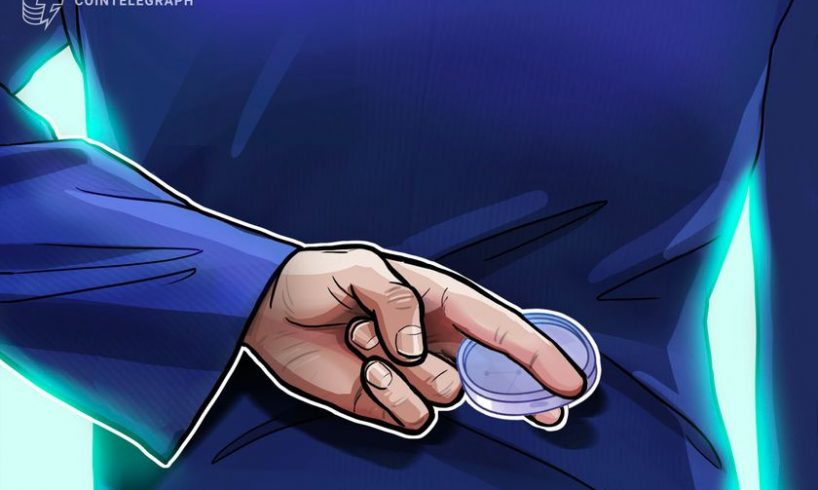
In this week’s newsletter, read about why a former OpenSea employee convicted for insider trading is attempting to get an acquittal, get the Polygon co-founder’s thoughts on solving the inscription spam issue on Ethereum Virtual Machine (EVM) blockchains, and check out Interpol’s report on how the metaverse can help law enforcement agencies. And don’t forget this week’s Nifty News, featuring Donald Trump offering free Ordinals to ramp up NFT sales.
Former OpenSea manager appeals conviction, claiming NFT info isn’t “property”
Former OpenSea employee Nathan Chastain, who was convicted of wire fraud and money laundering related to insider trading, submitted a filing to the United States Court of Appeals in an attempt to get an acquittal. According to Chastain’s legal team, the information he used to profit off NFTs in the marketplace was not considered “protected property.”
The legal team argued that the information “had no commercial value” and wrote in the appellate brief that “not all confidential information is property.”
Continue reading
Polygon co-founder explains how to stop inscriptions from crashing networks
As inscription producers started going from Bitcoin to EVM-compatible platforms, networks were flooded with inscription transactions as it became a way to circumvent traditional NFT minting fees. Unable to keep up with the unusual amount of transactions, the Arbitrum network went offline for over an hour on Dec. 15, 2023. Half a dozen other blockchains suffered the same fate days later.
In a Cointelegraph interview, Polygon co-founder Brendan Farmer claimed that parallelized EVMs may solve the issue. The executive argued that parallelism allows unrelated transactions to be processed more quickly, potentially allowing the blockchains to handle spam by increasing their throughput.
Continue reading
Metaverse tools will improve crime scene analysis and law enforcement: Interpol report
Interpol’s metaverse division published a report that dived into various aspects of the…
..






